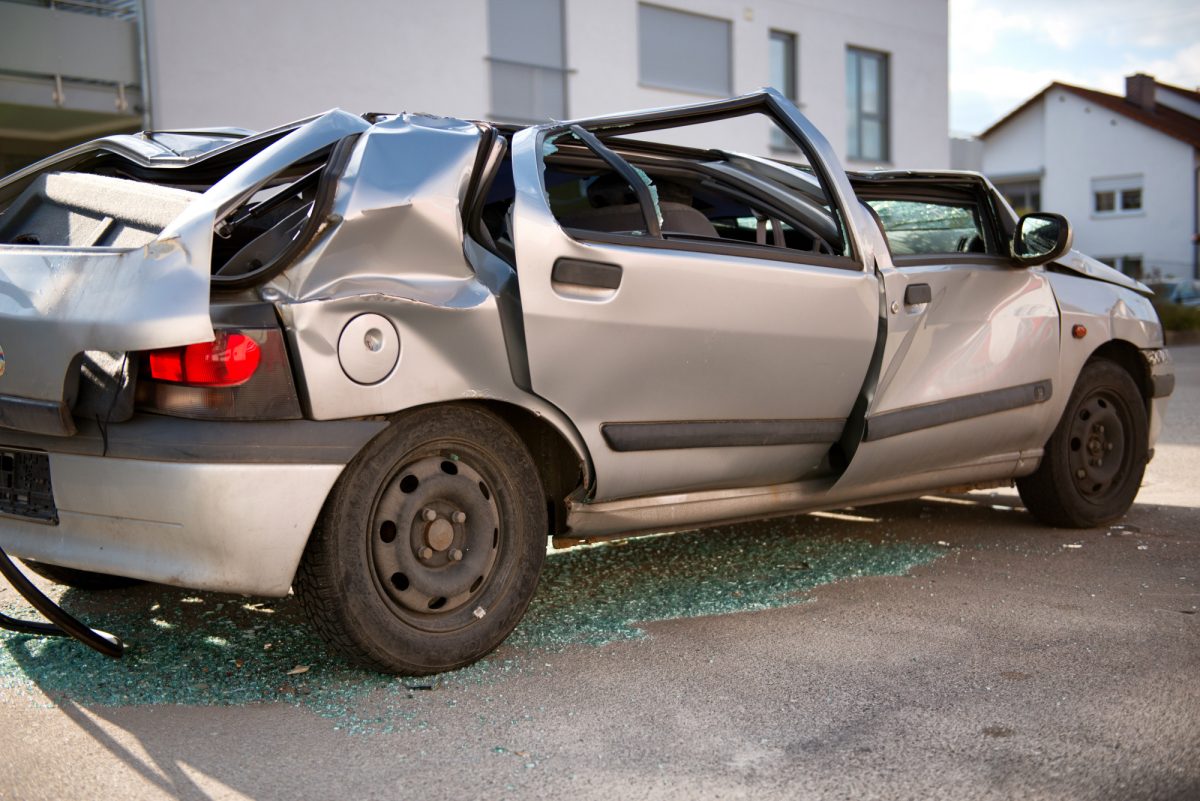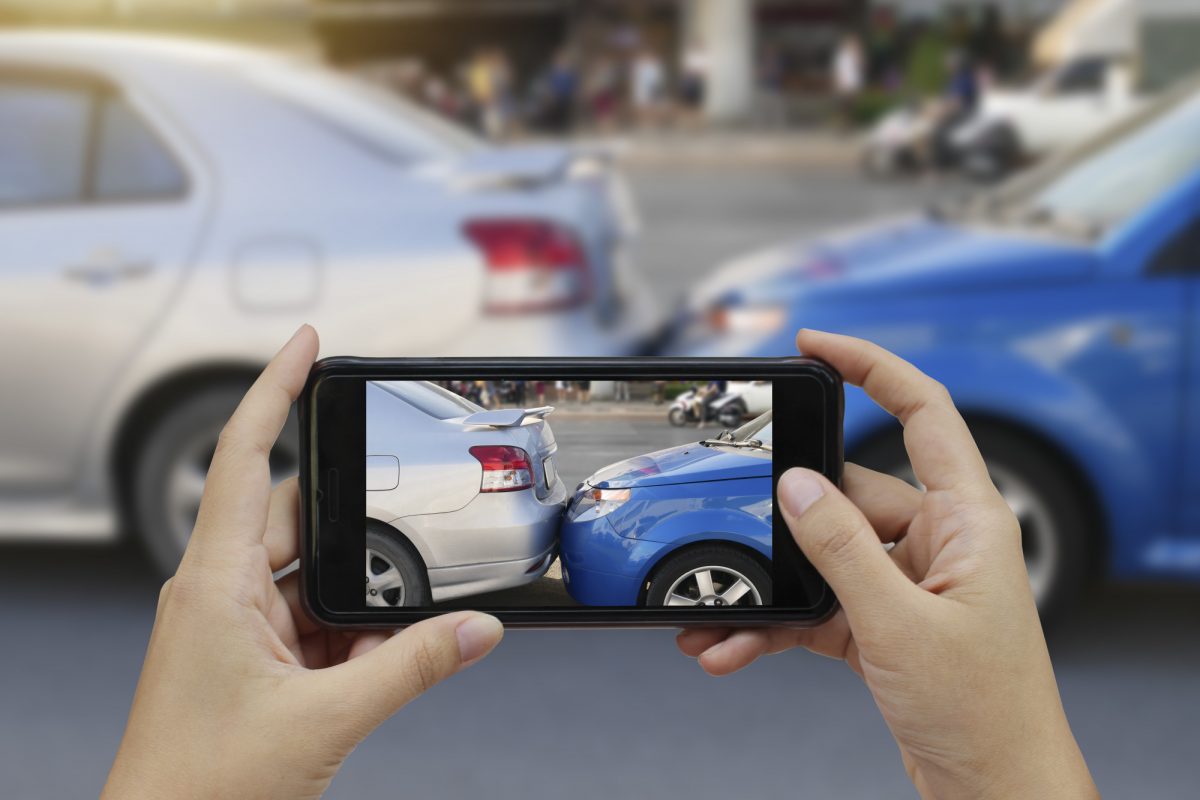
“Oh, my gosh! Your car got totaled?? Are you OK? What makes a car totaled, anyway?”
According to Allstate, “A car is generally considered totaled when the cost to repair the car exceeds the value of the car.” This does vary somewhat from state to state, though.
Here, we’ll look at how it’s determined whether a car should be declared a total loss or simply “totaled.”
What Else Makes a Car Totaled?
The process of determining what makes a car totaled is complicated. First, insurance adjusters calculate its actual cash value (ACV) at the time of the loss (meaning the accident).
The ACV is how much your vehicle was worth before the accident, after factoring in depreciation and damage incurred in the accident. Adjusters typically run the vehicle’s make, model and year through an extensive database.
This produces a generally accurate estimate of the vehicle’s market value based on mileage, condition, options, and other factors (e.g., any past accidents). A vehicle is considered a total loss if the anticipated repair cost exceeds its ACV.
Is There Anything Else Affecting How the Final Compensation Is Determined?
Yes. Unfortunately, if you were still paying off your car at the time of the accident, the bank financing your loan will take its share of the insurance money first. You’ll get what, if anything, remains of the car’s value.
Do I Have Any Means of Recourse?
You might dispute the valuation amount and compensation you receive. If so, there are a couple of options: having it re-assessed by an automotive professional and/or working with an attorney.
If you go with the automotive professional, you could discover that your car might not be a total loss and that you might be able to put your compensation toward an extensive repair instead—if you can afford it. This is a gamble, of course.
If the automotive professional can’t help and you still feel your car shouldn’t have been declared a total loss, you might consider working with an attorney. Just remember that legal fees can easily cancel out any other compensation you receive.
Can I Just Keep My Totaled Car Until I Can Get It Repaired Properly?
The basic answer is “no.” Once your car has been declared a total loss, the state (most states, anyway) will convert its title to a salvage title, branding it a “total loss vehicle.”
This means you may not legally drive it anymore. You may, however, have it taken to a salvage business and instead of selling it for parts there, you can ask them about rebuilding the car.
If a rebuild is done successfully and you can find a company willing to insure the vehicle (which could take some searching), the title brand could be converted to “rebuilt.” This wouldn’t be a “clean title,” but at least you could drive the car again.
What Makes a Car Totaled: Follow-Up
What makes a car totaled comes down to a combination of factors, including:
- How bad the accident was and which parts of the car were damaged (i.e., its potential for being repaired successfully)
- The age and condition of the car at the time of the accident
- Any degree of inaccuracy in the insurance company’s determination of the ACV
- The opinions of professionals you might consult with
- Whether you were able to have the title converted to “rebuilt”
After you’ve followed all or even most of these steps, there’s a fairly good degree of certainty that the right decision prevailed.
If you live in Pennsylvania, roughly between Philadelphia and Reading, and your car’s been in an accident, bring it to us. We do great work and just might make a difference in the fate of your car. We can at least advise you on next steps.

